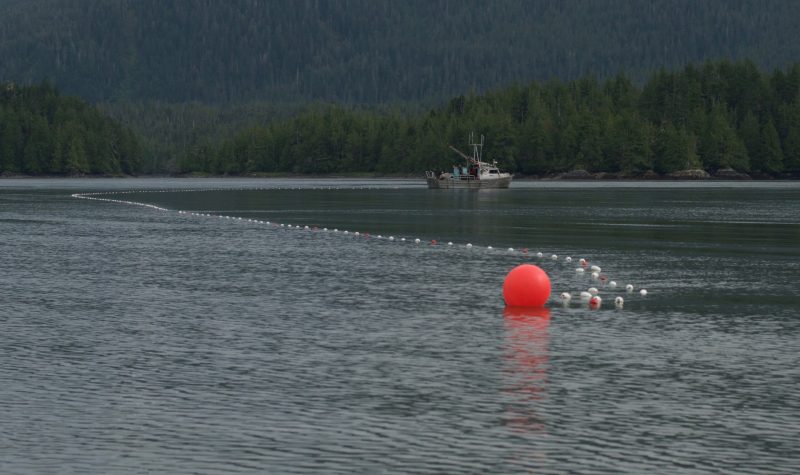A recent survey conducted by the United Fisherman’s Allied Workers Union (UFAWU) found that commercial fishers and their families have been hurt financially by the abrupt closure of more than 60 per cent of B.C. salmon commercial fisheries this past season.
Many of the survey’s responded said the most severe impact to their livelihoods was the unexpected loss of income just weeks before openings were expected.
According to a release provided by the UFAWU, one commercial fisherman said, “the closures have financially impacted me, and my family has suffered because of it. There is stress and unneeded financial pressure in my life.”
As many harvesters noted, the costs associated with fishing still exist, despite the closures. This means that harvesters are still on the hook for moorage and other fees associated with the industry.
But one of the greatest concerns among harvesters is a lack of employment insurance due to the inability to fish. Many fishers are receiving unemployment insurance but have no prospects for future harvesting and have very few transferable skills, according to another respondent from the survey.
“Being in the fishing industry my whole life I have no experience in any other fields. 42 years of making a living gone,” wrote the harvester.
With so much time and money invested into the commercial fishing industry, harvesters have reported little in the way of alternative sources of income. That has the UFAWU calling on government officials to respond immediately to the issue and ensure the salmon fleets on B.C.’s north and central coast have access to maximum employment insurance benefits for the 2021 season, some of which has been allocated from a federal DFO funding package with $647 million partially earmarked for a commercial fishing license buy back program.
However, as the UFAWU survey pointed out, replacing hundreds of lifestyles won’t come easy.


